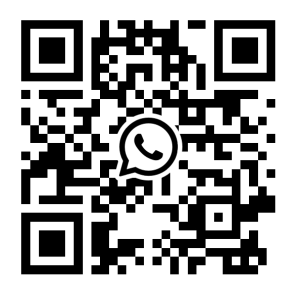The Ultimate Guide To Agile Working & Why Agility Really Matters
04. Start Implementing Agile
Ways Of Working
If you’re new to agile working the most important thing to realise is that millions of teams around the world use this way of working successfully and love it. That does not mean moving to this way of working will be quick and easy, it will require work on everyone’s part. But the results are worth the effort.
When you become more agile you will be unlocking everyone’s skills and experiences, having great conversations, working more autonomously and collaborating more effectively. What’s more, the outcomes you want, whether that’s an OKR or KPI improvement, are more likely to happen.
New ideas and ways of working take time to talk through and implement. Here is a series of questions and conversation that can start a planning cycle and set you up for agile execution cadences:
1. Share the biggest problems or opportunities – get consensus
How can we work more effectively?
How can we improve these metrics?
How can we deliver this on-time?
How can we stop that from happening again?
Digging deeper
Why is this a problem?
How long has this been a problem / opportunity?
Why haven’t we resolved this before?
How often is this a problem?
Have we any data on this?
Are there any gaps in our thinking?
What would improve if we solved this?
2. Set an OKR with a measurable outcome (the future end-state you want to achieve)
3. Have the team propose ideas for achieving that outcome
4. Discuss the ideas and move forward with one – get consensus
Quick check
What is stopping us from doing what needs to be done?
5. Execute
6. Review the results – seeing measurable change encourages us to do more
ZOKRI is OKR Software that uses To-dos as an agile Kanban board with states: Idea, Up Next, Active, and Completed. ZOKRI also captures Initiative retrospective learnings.
10 agile implementation tips everyone should know
Once your priorities are clear, here are 10 agile implementation tips you might find useful.
- Make goals and work i.e. cards / tasks / to-dos / initiatives visible
- Only have what needs to be worked on ‘‘in progress’ and minimise the the time something spends in this state
- Minimize having partially completed work
- Prolong focus on one unit of work at a time as much as possible to avoid switching costs and increase ‘flow’ where more and better work gets done
- Track OKR / goal impact and discuss learnings and make adjustments to help you to focus more on what makes a difference
- Get good at discussing and managing conflicting priorities
- Say no to more, even if you like the person asking you
- Try hard to not get distracted by new, interesting and shiny
- Worry about popularity less than being overloaded – saying ‘no’ will probably not make you unpopular, you just worry that it might
- Say no to the ‘have you got 5 minutes’ request more often
- Latest Resources
- Events
- United Kingdom
Ashtead
KT21 1RZ
+44 20 7046 1328

- United States
New York
NY 10013
+1 646-718-4720
- ZOKRI helps leaders and teams achieve strategic goals using the OKR (Objectives & Key Results) framework. Our platform aligns strategy, goals, and people, fostering engagement and growth through comprehensive training and management systems.
© ZOKRI 2026 All rights reserved | Privacy Policy | Terms & Conditions | GDPR